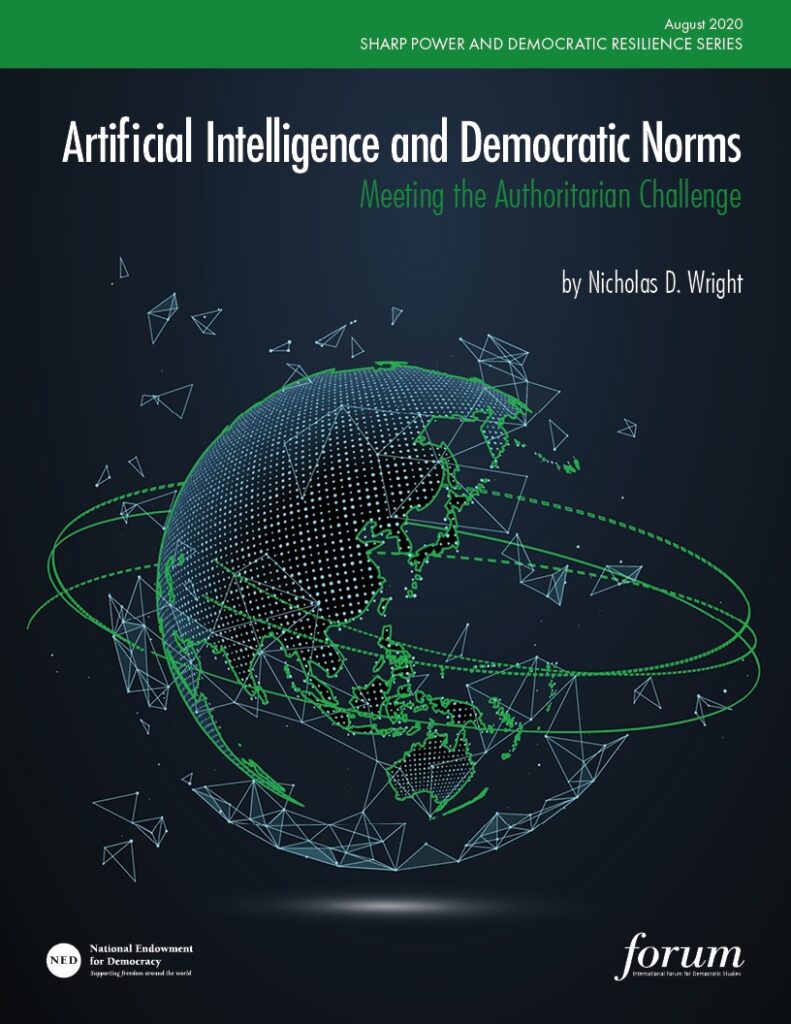The wave of global interest in the potential of artificial intelligence has swept up even Iran’s religious leaders, who are keen to explore how AI can help with anything from parsing lengthy Islamic texts in search of guidance to issuing religious edicts, The Financial Times reports.
“Robots can’t replace senior clerics, but they can be a trusted assistant that can help them issue a fatwa in five hours instead of 50 days,” said Mohammad Ghotbi, who heads a state-linked organisation that encourages the growth of technology businesses.
Ghotbi insisted that AI would not necessarily result in Iran becoming more aligned with the secular views of the west. “We’re working on localising the use of technology because our cultural values differ,” he said.
The 21st century keeps getting weirder. pic.twitter.com/ViklPZdo3b
— Eguiar Lizundia (@Eguiar) September 25, 2023
Rising awareness about artificial intelligence breeds growing concerns, especially as tools like facial recognition amplify autocratic surveillance, the Center for European Policy Analysis (CEPA) observes (above).
CEPA* hosts a conversation with experts addressing the challenges of AI manipulation, misinformation, and the looming perils of targeted influence. The discussion also touches on positive AI uses, such as ‘swarm AI,’ inspired by nature’s swarm intelligence, which promises new avenues for civic engagement. As the world grapples with the promises and pitfalls of AI, these experts emphasize the pressing need for global governance, unified rules, and standards to ensure AI’s ethical and safe deployment.
*A partner of the National Endowment for Democracy (NED).








